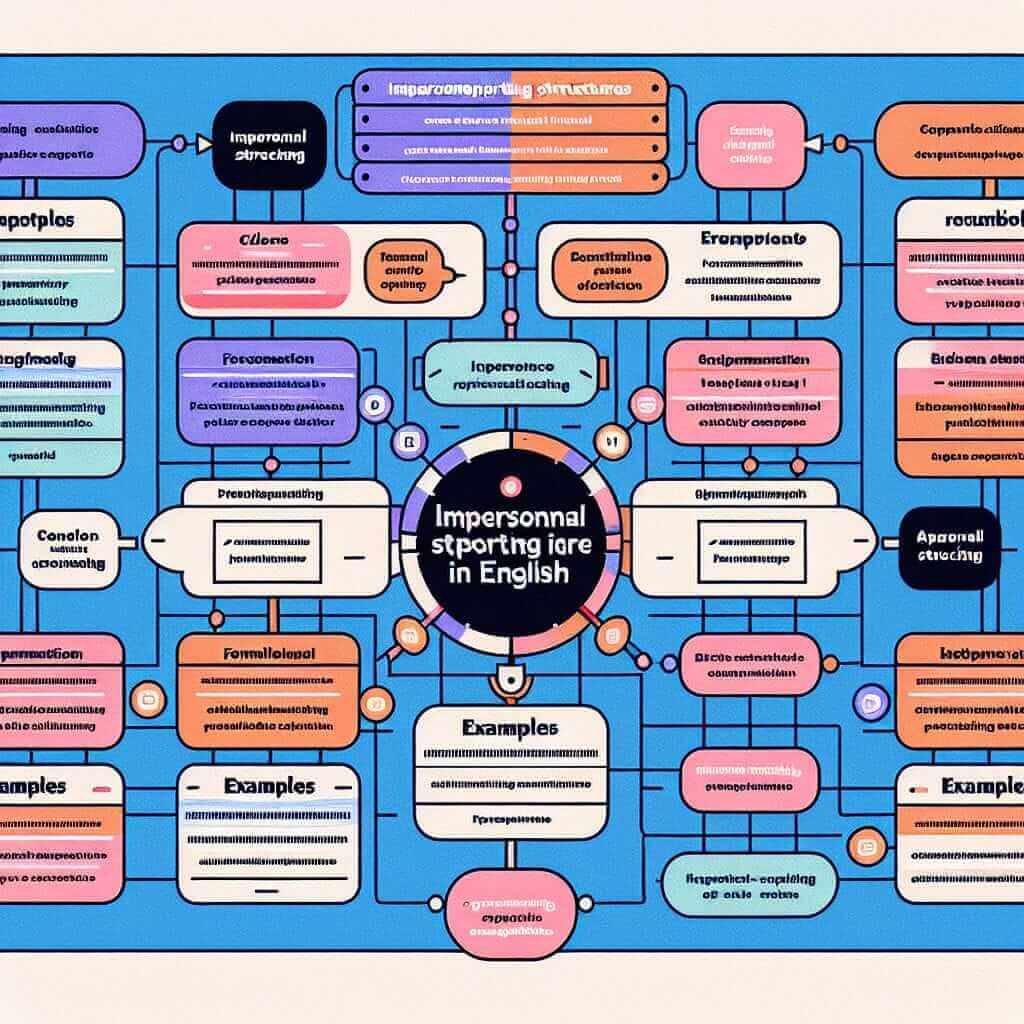“It deciphers that” might sound unusual to an English learner’s ear, and you’re right to question it! While “decipher” means to decode or understand something complex, it’s not typically used with an impersonal “it” structure like “it seems that” or “it is believed that.” So, while grammatically possible, “it deciphers that” sounds awkward and unnatural.
Nội dung bài viết
Instead of struggling with this forced construction, let’s explore effective ways to express similar meanings using grammatically sound and natural-sounding alternatives. This will not only help you avoid errors but also enhance your writing and speaking for a higher IELTS band score.
Understanding Impersonal Reporting Structures
In English, we often use impersonal structures to express opinions, beliefs, or facts without attributing them to a specific person. These structures are particularly useful in academic writing and IELTS to present information objectively.
Common examples include:
- It is believed that…
- It is widely accepted that…
- It is thought that…
- It appears that…
- It seems that…
These structures are valuable for IELTS as they:
- Demonstrate objectivity: You present information neutrally without stating a personal opinion.
- Show range of vocabulary and grammar: Using these structures highlights your grasp of complex sentence structures.
- Improve coherence and cohesion: They link ideas logically and create a flow in your writing and speaking.
Alternatives to “It Deciphers That”
Let’s consider how to express the idea of “deciphering” using more appropriate language:
1. Using Reporting Verbs:
- It suggests that… (This report suggests that climate change is accelerating.)
- It indicates that… (The data indicates that consumer confidence is low.)
- It implies that… (His silence implies that he disagrees with the decision.)
2. Using Adjectives with “It is…” Structure:
- It is evident that… (It is evident that education is crucial for societal progress.)
- It is clear that… (It is clear that the government needs to address this issue.)
- It is apparent that… (It is apparent that technology is rapidly changing our lives.)
3. Using Passive Voice:
- It can be inferred that… (It can be inferred from the text that the author supports this theory.)
- It is understood that… (It is understood that further research is necessary.)

Applying Impersonal Reporting Structures in IELTS
Writing Task 2:
Prompt: Some people believe that the government should invest more money in public transportation, while others think that it is better to invest in roads. Discuss both views and give your own opinion.
Example: “It is often argued that investing in roads is essential for economic growth, as it facilitates the transportation of goods and services. However, it is equally important to consider that a well-developed public transportation system can reduce traffic congestion and air pollution, leading to a healthier and more sustainable environment.”
Speaking Part 3:
Examiner: “What are the advantages of studying abroad?”
Candidate: “Well, it is widely believed that studying abroad broadens one’s horizons and fosters cultural understanding. Moreover, it is often said that it enhances career prospects by providing international experience and developing valuable skills such as adaptability and problem-solving.”
Common Errors and How to Avoid Them
-
Incorrect Verb Agreement: Remember that the verb should agree with the subject “it,” not the noun clause following it.
- Incorrect: It seem that the economy is improving.
- Correct: It seems that the economy is improving.
-
Overuse: While these structures are useful, avoid overusing them. Vary your language by using different grammatical structures and vocabulary.
Conclusion
While “it deciphers that” is grammatically incorrect, understanding impersonal reporting structures is essential for achieving a higher IELTS score. By mastering these structures and their alternatives, you can present information objectively, demonstrate your grammatical range, and enhance the coherence of your writing and speaking. Remember to practice using these structures in various contexts to improve your fluency and accuracy.